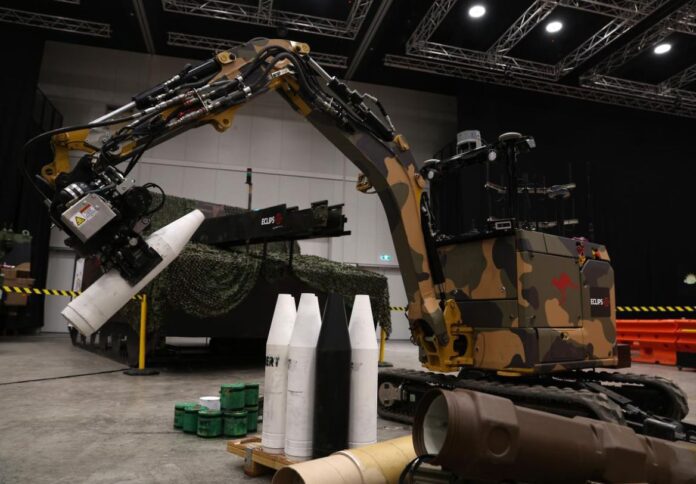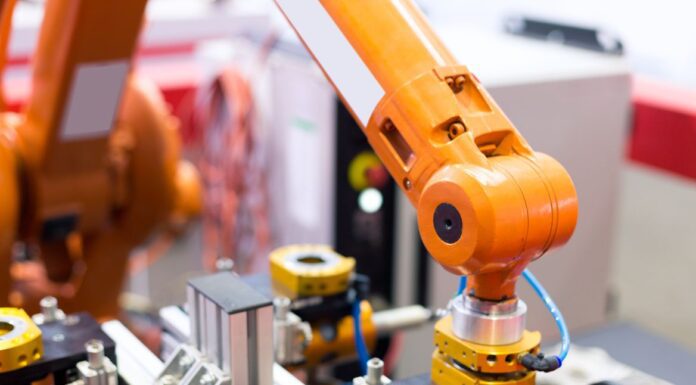
Media Release by Defence
The Defence Innovation Hub has awarded contracts worth $27 million to ten Australian businesses, including a Tasmanian research organisation.
The Australian Government is committed to building strong partnerships with Australian innovators to deliver world-leading capability for the Australian Defence Force.
“Investing in Australian innovation is critical to building our national defence capability,” said Minister Conroy.
“The contracts being announced reflect the ingenuity of Australia’s defence industry, and the Albanese Government’s commitment to building a strong sovereign industrial base.”
Defence is partnering with Tasmanian innovator, AMC Search, through a $2.07 million contract to develop a set of sovereign sensor modules for autonomous underwater vehicles, which could improve the efficiency and endurance of maritime platforms.
Three contracts are with Queensland-based companies, collectively worth $10.4 million. These projects aim to develop technologies to strengthen training capabilities and operational effectiveness for the Australian Army.
Under a $4.08 million contract, Athena AI will develop an automated decision support tool. This innovation aims to apply artificial intelligence to provide rapid guidance to the user when making tactical decisions under pressure.
A $3.72 million contact with CUBIC Defence Australia will look to develop a deployable waste-to-energy system, with the potential to convert waste into sanitised bio-fuel to provide additional power to bases.
In Queensland, a $2.63 million with BIA5 will allow it to continue developing an innovative electronic trip flare device which could assist our soldiers to effectively secure and guard areas on the modern battlefield.
Two contracts, collectively worth $3.6 million, have been awarded to South Australian based companies to develop technologies to improve maritime safety.
A $3.17 million contract with BAE Systems Australia will develop a long-range passive surveillance sensor system that could provide an early warning capability for incoming threats; and a $437,000 contract with Acacia Systems aims to develop an immersive platform to enhance decision maker capability using maritime command team tactical data and recordings of operator stress, fatigue and actions.
Industry and research organisations can submit innovation proposals through the Defence Innovation Portal at: www.innovationhub.defence.gov.au.
















